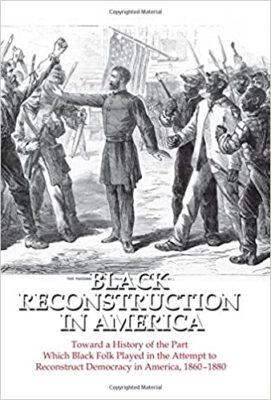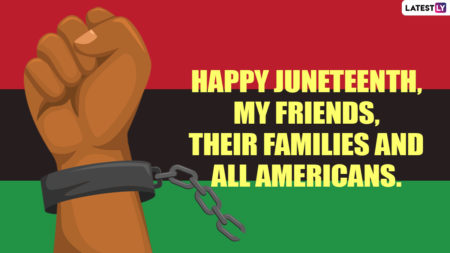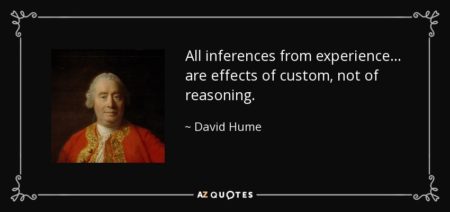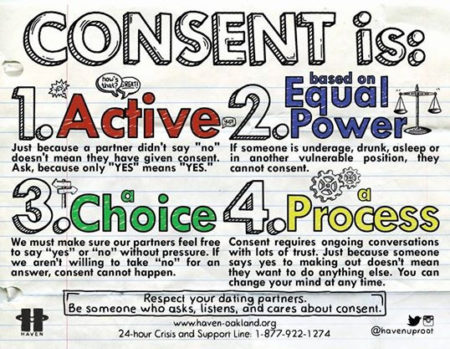So, I recently read W. E. B. Du Bois’s famous 1935 history of the Civil War era, Black Reconstruction in America. Like most leftists, I’ve read a million excerpts from the book over the years. Not to mention many other Du Bois texts – Dusk of Dawn is a personal favorite. But I hadn’t read Black Reconstruction until now. Let’s say a word or two about it.
Category: Race (Page 3 of 11)
These are posts on race from the blog Base and Superstructure. Race is one of the most important issues of political and social power. Topics include the relationship between race and class, racism in the United States and the rest of the world, and the relationship between race and political movements.
Hi all – just posting briefly to wish readers a Happy Juneteenth!
For anyone not aware, the U.S. government just last year recognized Juneteenth as a federal holiday. It commemorates the ending of legal slavery in the U.S. While the official day is June 19 (i.e., yesterday), many workplaces take off the following Monday or preceding Friday when it falls on a weekend. In line with that, my workplace gave everyone the day off today.
Image Source
So, here’s one of the biggest challenges on the left that I’ve been thinking about lately. We start with the core of a good idea. The idea even works well in specific situations. But then we turn that idea into some kind of Iron Law, trying to apply it way beyond its limits. The result? It doesn’t work so well any longer! I think we see this problem a lot with appeals to the notion of ‘lived experience.’
What’s going on here? What’s wrong with the appeal to lived experience?

The trick to reading a Robert Caro biography? He writes about places more than people. And, above all, he writes about power. I pointed to this feature in a post on Caro’s book series The Years of Lyndon Johnson. But before Caro wrote about LBJ, he wrote about Robert Moses and New York. I’ll say a word here about The Power Broker: a book about how one builds (and then loses) power in a major US city.
By now I’m sure many of us know that the choices we make are far more complex than popular debate suggests. Almost everyone agrees on the need for consent, on at least some notion of ‘consent.’ But whether and how we consent – and what kind of consent we need – remains less clear.
I might approach these issues in a million ways. But here’s one way. I recently re-read a blog post on Feministing. The post covered a 2014 study in Psychology of Women Quarterly on gender and choices about body hair. It turns out that a woman’s decision to remove (or not remove) body hair is a pretty complicated one. In particular, the social pressures involved cloud the matter of whether and how women consent and make choices.



